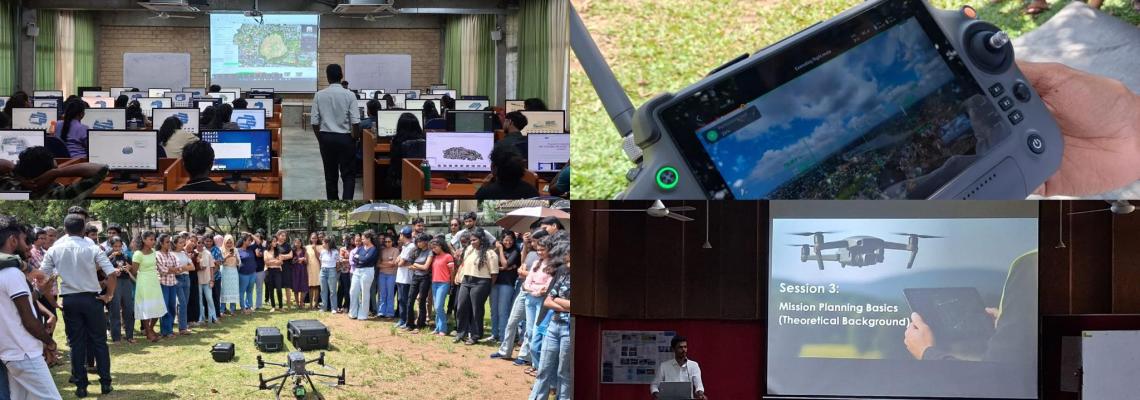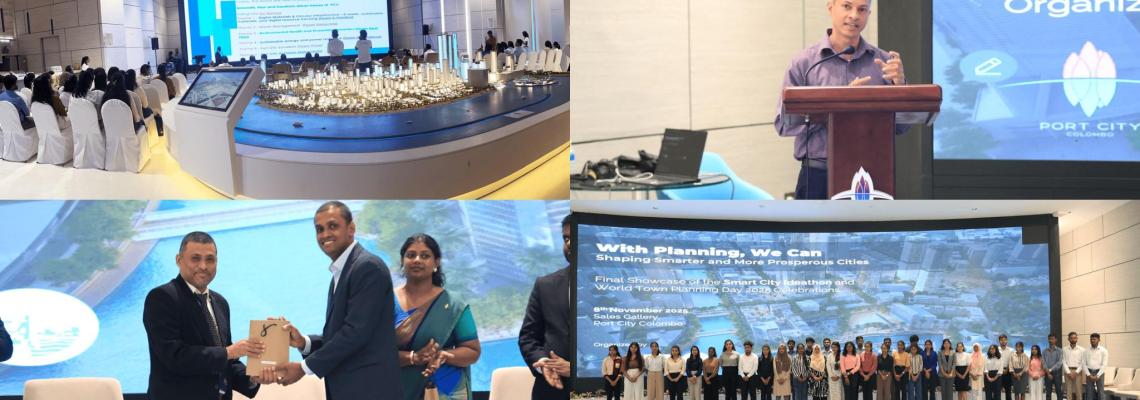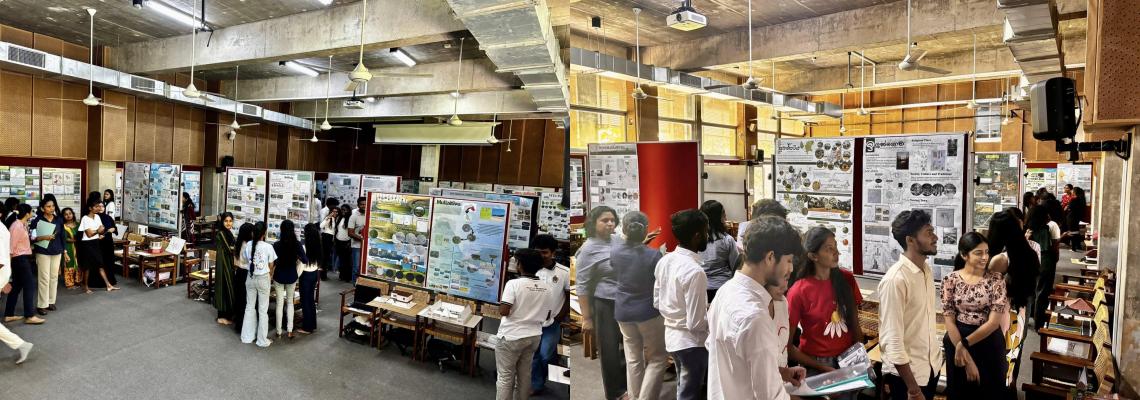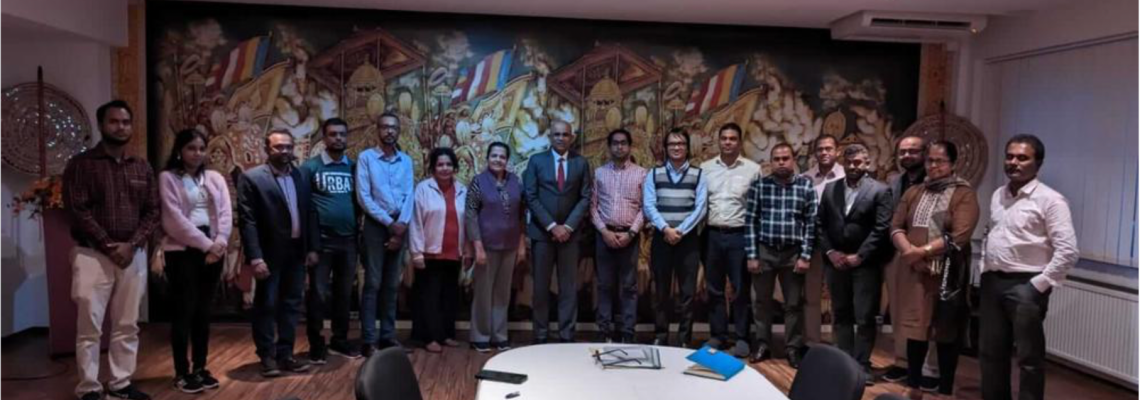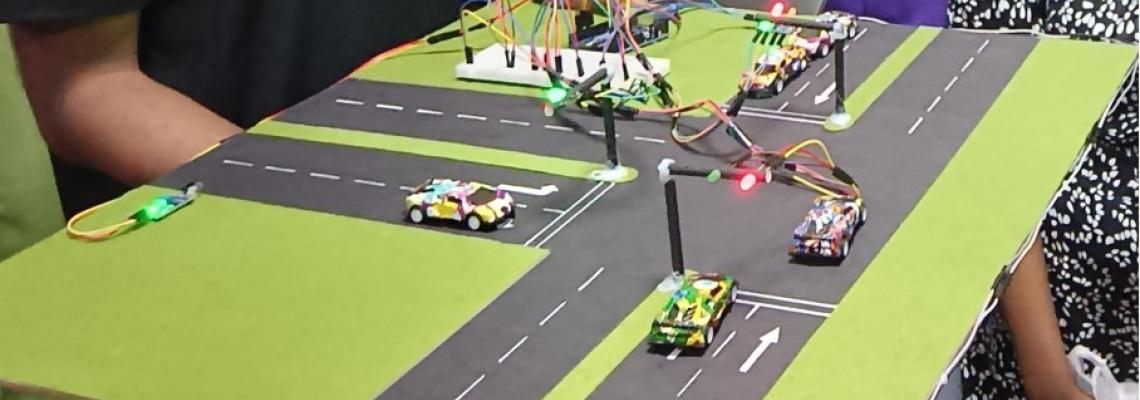Nearly 200 years have passed since the first migrant workers settled in Sri Lanka’s hill country, yet the question remains: can it truly be called home? Estate housing largely continues to follow the line room system introduced in the late 19th century, consisting of rows of small, single-room houses sharing a common roof. As a result, conversations surrounding the quality, adequacy, and dignity of plantation sector housing remain highly relevant today.
Level 2 undergraduate students from the Department of Town and Country Planning at the University of Moratuwa recently undertook a studio project focused on plantation sector housing, with special reference to the Nuwara Eliya District. Through seven weeks of continuous engagement, students visited several plantation settlements to assess the current conditions of estate housing in Sri Lanka. Beyond field visits, students engaged with contemporary debates on social media, analyzed existing policy interventions, and explored the broader socio-economic challenges faced by estate communities. A wide range of stakeholder consultations including public sector officials, private sector representatives, and community members enriched their understanding.
Applying appropriate research methods and analytical tools, the students successfully captured the housing conditions at the micro level. Based on their findings, they formulated urban planning strategies aimed at upgrading and integrating these settlements into the formal built fabric. Their proposed interventions prioritize the needs and aspirations of residents, while taking into account resource availability and the wider local context, ensuring sustainable and context-sensitive solutions. This studio project not only offered students a hands-on learning experience but also reaffirmed the importance of inclusive and equitable development for all communities.
The studio was conducted from 25th February to 10th April under the guidance of Dr. Susantha Amarawickrama, Dr. Rizvi Noordeen, Archt. Daitha Darmasena, Dr. Priyanwada Singhapathirana, Plnr. Eshi Wijegunarathne, and Ms. Nipuni Jayakody.

